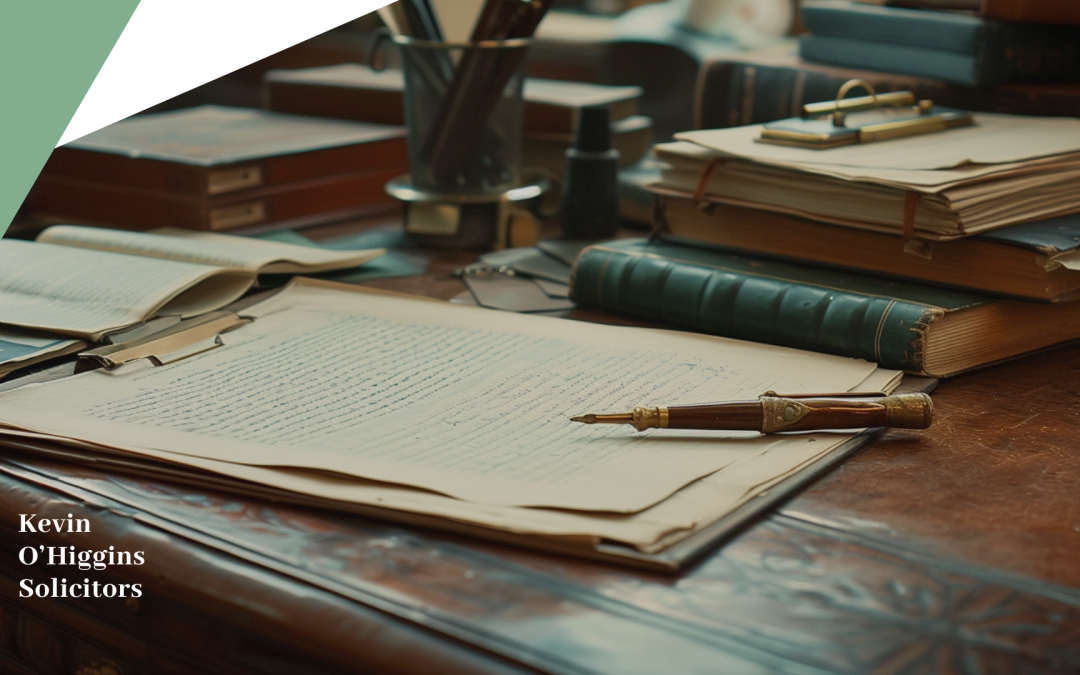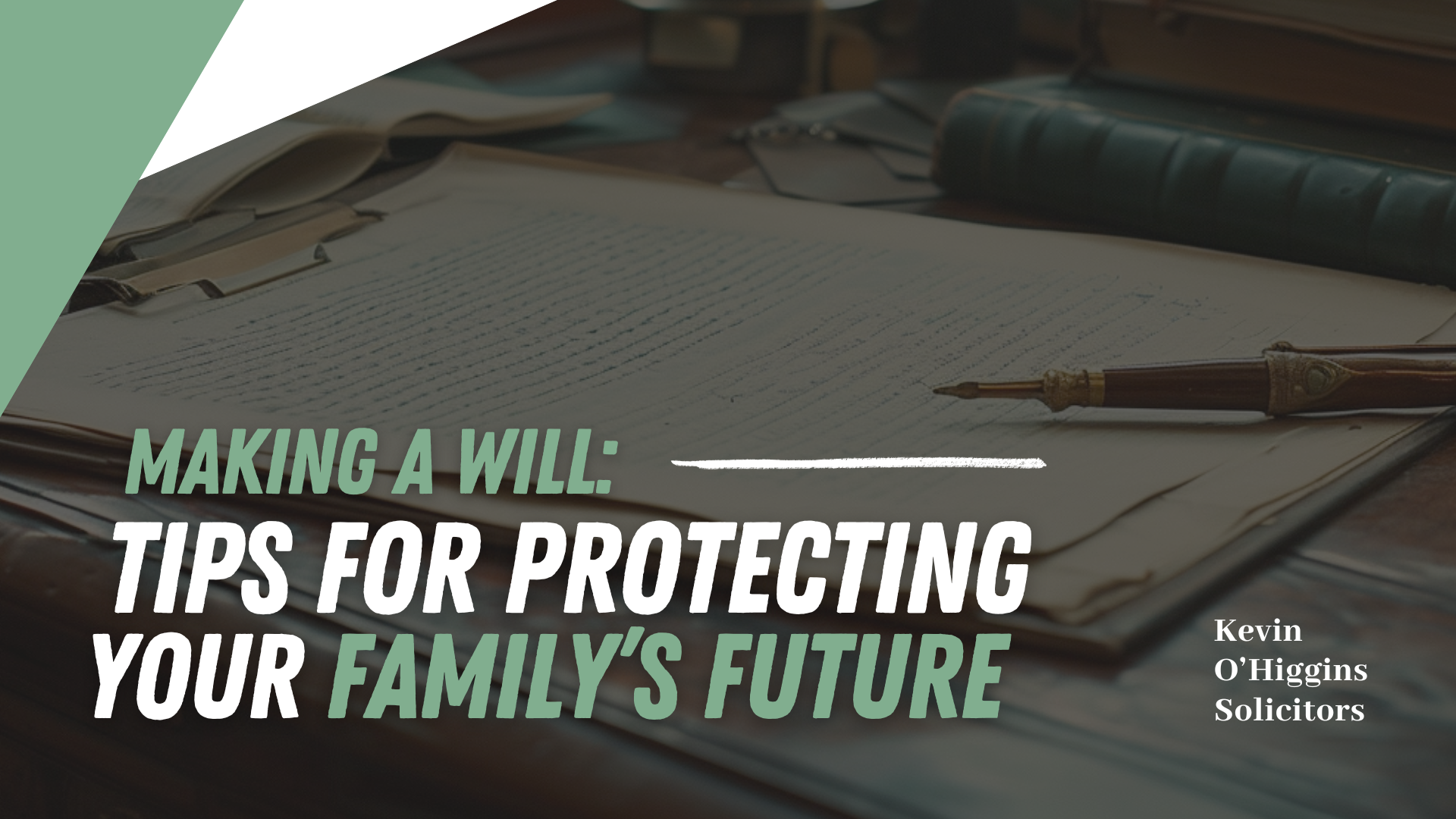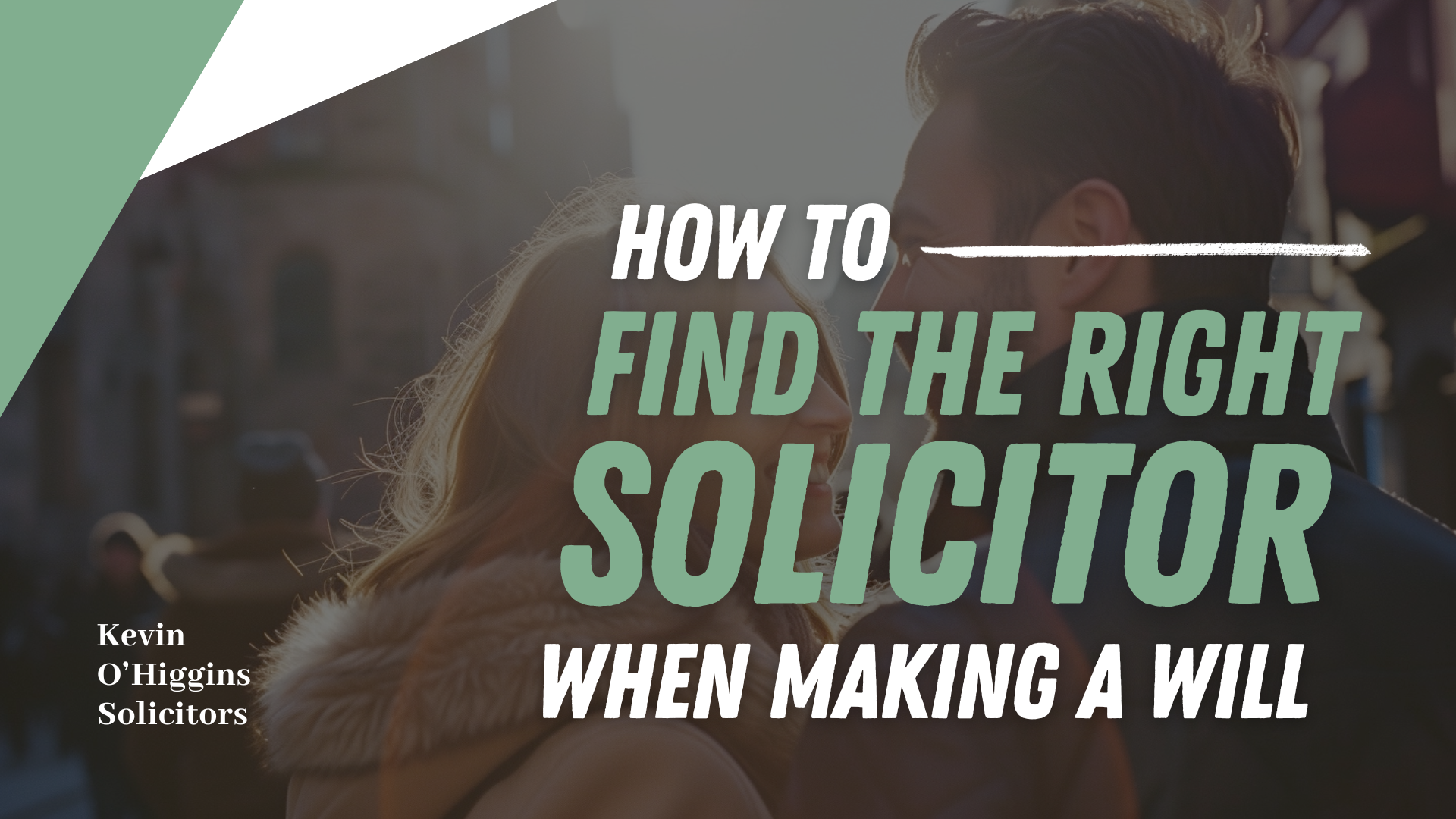
Divorce in Ireland: How Are Assets Divided?
Introduction
Going through a divorce in Ireland brings up many questions, especially about how assets are split. The law has specific rules for dividing what you own with your spouse. This can include everything from your home to savings and even pensions. It’s important to understand these rules to make sure the division is fair.
In a divorce, figuring out who gets what is a big part of the process. This guide will help explain how assets are divided in Ireland. We’ll cover the basic legal steps and what you can expect. Whether you’re just starting to think about divorce or are already in the middle of one, knowing your rights and what to expect can help.
This post will give you a clear guide on asset division in Irish divorces. We aim to provide useful information that can help you during this time. Let’s look at how the law works and what it means for you.

Legal Framework for Asset Division in Ireland
Divorce laws in Ireland aim for fairness in dividing assets. This process is not a simple equal split. Instead, the court looks at each spouse’s needs, contributions, and future prospects.
1 – The Basics: The principle is fairness. Courts consider many factors, not just financial contributions. They also look at non-financial contributions like childcare and homemaking.
2 – What’s Included: Almost every asset is up for division. This includes property, cars, bank savings, and pensions. The goal is to assess everything owned and come to a fair division.
3 – How Decisions Are Made: The court examines the marriage’s length, each person’s future needs, and past contributions. This helps to reach a decision that supports both parties moving forward.
Understanding these guidelines is crucial for anyone going through a divorce. It helps in setting realistic expectations for the outcome.

Types of Assets Considered in Divorce
The division of assets involves looking at everything you and your spouse own, but not all assets are divided equally.
1 – Marital vs. Non-Marital Assets: Assets bought during the marriage are usually divided. Things you owned before you got married, or gifts and inheritances, might not be split.
2 – Common Assets: The family home is often the biggest asset. Savings, other properties, and pensions are also important. Each has rules on how it can be divided.
3 – Valuing Assets: Knowing what everything is worth is key. This might mean getting a professional valuation of properties or assessing the current value of pensions.
Knowing what counts as an asset and how it’s valued helps in reaching a fair agreement or understanding the court’s decision.

The Process of Dividing Assets in Divorce
The division of assets is a detailed process that involves several steps.
1 – Disclosure: Both spouses must share full details of their assets. This transparency is essential for fair division.
2 – Negotiation: Before going to court, there’s a chance to agree on how to split assets. Mediation can help here, saving time and legal fees.
3 – Court Decision: If an agreement isn’t possible, the court will make the final decision. The aim is always fairness, based on the marriage details and each spouse’s needs.
This process can be lengthy and requires a clear understanding of both parties’ rights and obligations. It’s about coming to a solution that respects both individuals’ contributions and future needs.
Understanding these aspects of asset division provides a foundation for navigating the divorce process with clarity and a focus on fairness.
Whether through direct agreement or with the help of the courts, the goal is to ensure a balanced outcome that considers the future of both parties.

What Factors Affect Asset Division in Divorce?
The way assets are divided during a divorce in Ireland depends on several important factors. These criteria help ensure the division is fair and considers the needs and contributions of both parties.
1 – Length of the Marriage: The duration of the marriage can significantly influence asset division. Generally, the longer the marriage, the more likely assets are to be divided equally.
2 – Each Spouse’s Contributions: Contributions aren’t just financial. Non-financial contributions, like caring for children or managing the household, are also highly valued.
3 – Future Needs: The court closely looks at what each person will need moving forward. This includes considering the age, health, and earning potential of both spouses.
Understanding these factors is crucial. They shape the court’s decisions, aiming for a division that fairly reflects each spouse’s past contributions and future needs.

How to Protect Your Own Interests
In divorce, protecting your financial interests is critical. There are several steps you can take to ensure a fair division of assets.
1 – Legal Advice: Consult with a solicitor who specialises in divorce. They can provide guidance tailored to your situation.
2 – Documentation: Gather all financial documents. This includes bank statements, property deeds, and pension details. Accurate records support your case.
3 – Negotiation: Be open to negotiation. Mediation services can help find a solution that’s agreeable to both parties, potentially avoiding a lengthy court process.
Taking these steps can help safeguard your interests. They prepare you for the negotiation or court proceedings, aiming for the best possible outcome.

Navigating Asset Division in Ireland
Divorce and asset division in Ireland require careful consideration. From understanding legal frameworks to knowing what factors influence decisions, being informed is key.
1 – Know Your Rights: Understanding your legal rights is the first step. This ensures you’re prepared for the discussions and decisions ahead.
2 – Prepare for the Process: The process can be long and complex. Being prepared, both mentally and with the right documentation, makes it smoother.
3 – Seek Support: Don’t go through it alone. Legal advice, support from loved ones, and professional mediation can make a significant difference.
Navigating the complexities of asset division during a divorce requires patience and a clear understanding of the legal landscape.
Armed with the right information and support, you can work towards a fair and equitable resolution that respects the contributions and needs of both parties.

Frequently Asked Questions
Addressing common questions can help clarify the process of asset division in Irish divorces further. Here are some answers to frequently asked queries:
What are considered assets in a divorce in Ireland?
Assets include everything from property and vehicles to savings, pensions, and personal belongings of value.
How are assets documented in the divorce process?
Both spouses must fully disclose their assets, supported by financial documents like bank statements, property deeds, and pension statements.
Is divorce split 50/50 in Ireland?
Not always. Ireland’s courts aim for a fair division based on various factors, not strictly a 50/50 split.
Why is equitable not equal in asset division?
Equitable division considers each spouse’s needs and contributions to ensure a fair outcome, which may not be a simple equal split.
How is property divided after divorce in Ireland?
The court considers children’s needs, each spouse’s financial situation, and other assets, aiming to minimise disruption and ensure fairness.
Under the Family Home Protection Act 1976 (updated in the Family Law Act 1995), you cannot sell, mortgage, or transfer your family home without your spouse’s consent. This provision extends to civil partners, but not to cohabiting couples.
How are pensions and businesses divided after divorce?
Pensions and businesses are considered part of the marital assets and subject to division based on their value and the marriage’s specifics.
Do I need a solicitor to assist with the division of assets?
While not mandatory, a solicitor can offer valuable guidance and representation, ensuring fair asset documentation and division.
Can my ex-partner claim money after the divorce?
Post-divorce financial claims are generally settled during the divorce proceedings, but specific terms should be discussed with a solicitor.
How long does divorce take in Ireland?
The duration varies, often taking several months to over a year, depending on the case’s complexity and whether it’s contested.
What are the property rights of married couples in Ireland?
Married couples have rights to an equitable share of all marital assets under Irish law, considering both financial and non-financial contributions.
How much does divorce cost in Ireland?
Costs vary based on case complexity, legal fees, and whether the divorce is contested. A solicitor can provide a detailed estimate.

Key Takeaways
Understanding Asset Division: In Ireland, divorce involves a fair and equitable division of assets, not necessarily an equal 50/50 split. Assets considered include property, savings, pensions, and personal belongings.
Documentation and Disclosure: Full disclosure of all assets and liabilities is crucial for a fair division. Both parties must provide comprehensive documentation of their financial situation.
The Role of Legal Assistance: Consulting with a solicitor can provide invaluable guidance through the asset division process. Legal advice is key to ensuring that your rights are protected and that you navigate the divorce proceedings effectively.
Equitable vs. Equal: The principle of equitable division takes into account various factors, including each spouse’s contributions to the marriage (both financial and non-financial), future needs, and the welfare of any children involved.
Property and Pensions: Decisions about the family home and pensions are made with consideration to minimising disruption, especially for children, and ensuring both parties’ financial security post-divorce.
Duration and Costs: The time and cost of a divorce in Ireland vary based on its complexity, whether it is contested, and legal fees. Early consultation with a solicitor can help manage expectations.
Rights and Claims: Understanding your rights within the marriage and potential financial claims is essential. Legal advice can clarify what you are entitled to and how to pursue it.
Preparation is Key: Being well-prepared with accurate information, documentation, and legal support can significantly impact the outcome of the asset division process.

Conclusion
Navigating the process of divorce in Ireland, especially the division of assets, presents a myriad of legal and emotional challenges. The journey towards equitable asset division demands a clear understanding of Ireland’s legal framework, comprehensive documentation of assets, and, most importantly, a focus on fairness and future well-being for all involved parties.
The importance of seeking legal advice cannot be overstated. A solicitor specialising in family law can provide the necessary guidance, support, and representation to navigate the complexities of divorce proceedings. This professional assistance ensures that your rights are protected and that the division of assets is conducted fairly and in accordance with Irish law.
Remember, the goal of asset division in a divorce is not to win but to reach a resolution that respects the contributions of both partners and lays a foundation for the future. By approaching the process with openness, preparedness, and a willingness to negotiate, it’s possible to achieve an outcome that is both equitable and constructive.
Divorce marks the end of one chapter and the beginning of another. With the right information, support, and mindset, individuals can navigate this transition more smoothly, ensuring that both parties can move forward with dignity and security.
If you’re considering divorce or need assistance with the division of assets, Kevin O’Higgins Solicitors is here to help guide you through every step. Contact us today to ensure your rights are protected and to make this challenging time as straightforward as possible.









































